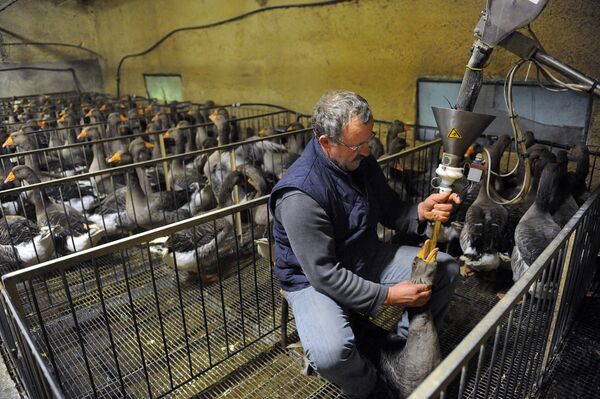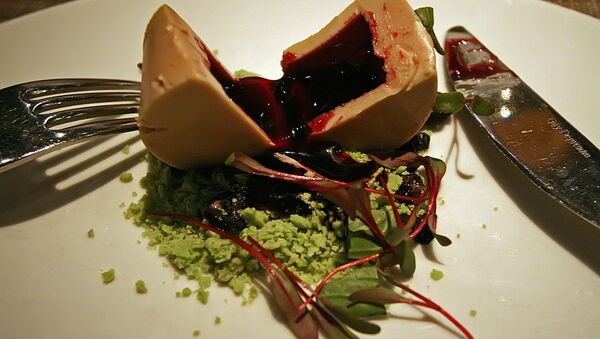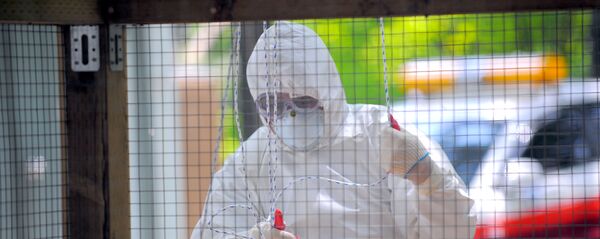"For almost four months no slaughter or poultry processing activities can take place in the southwest area, which represents 71 percent of national foie gras production," Marie Pierre Pe, spokeswoman for producers' federation Cifog, told Le Figaro.
"This interruption of business will cause difficulties with cash flow, increased wage costs linked to the short-term unemployment of about 4,000 employees, and fixed costs that will have to be paid without any income," she explained.
Christophe Barrailh, a duck farmer in the southwest, said that as well as short-term losses of about 130 million euros, the whole industry will also have to finance new biosecurity measures demanded by the French government to prevent further outbreaks of bird flu, estimated by Cifog to cost all French farms around 220 million euros.

"The price of foie gras on the French market will have to increase. There will be nine million less ducks on the national market in 2016, a quarter of the usual annual volume," he told the newspaper.
Unlike other types of flu, H5N1 usually does not spread between people, and the primary risk factor for human infection appears to be direct or indirect exposure to infected poultry.




